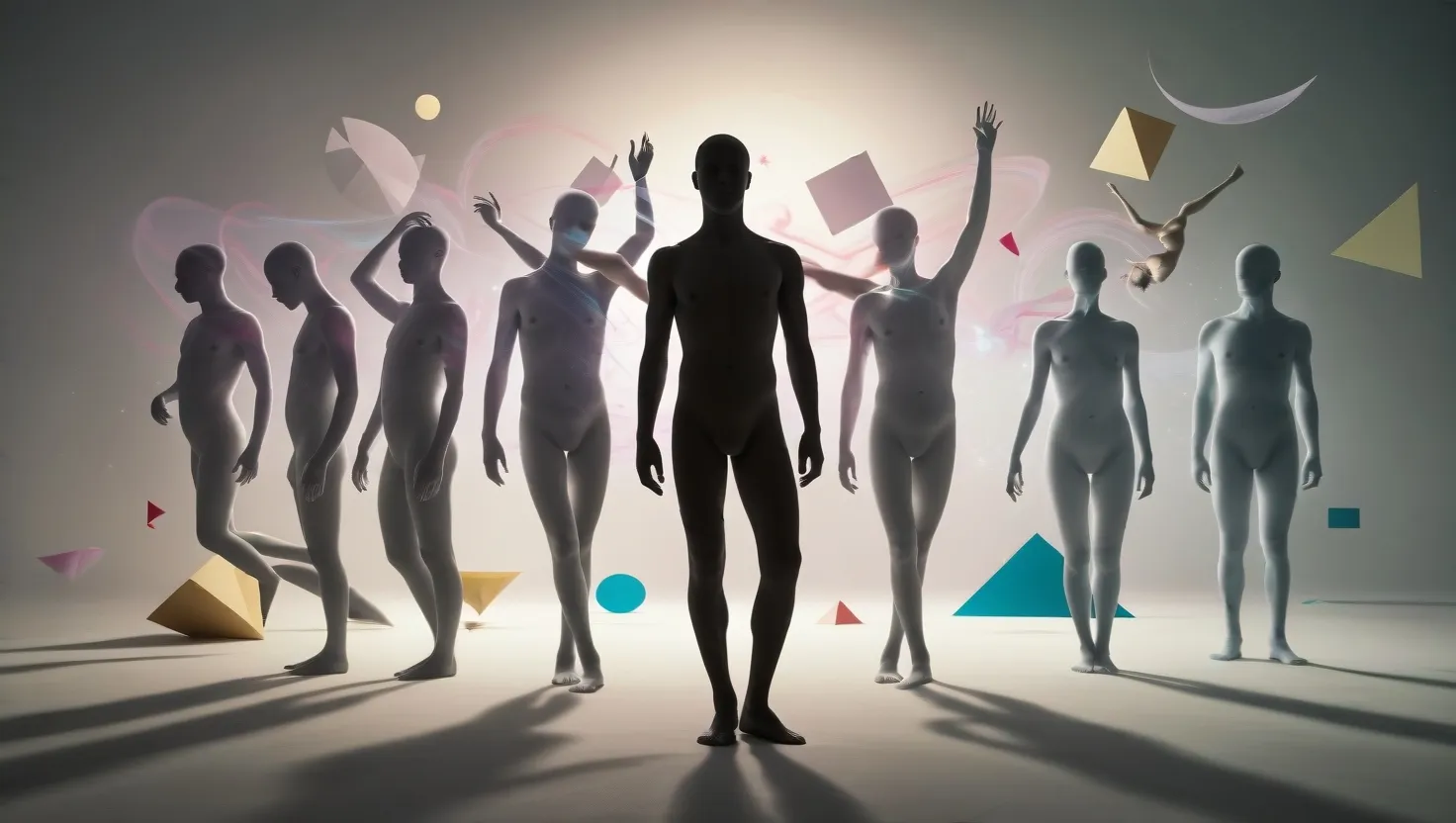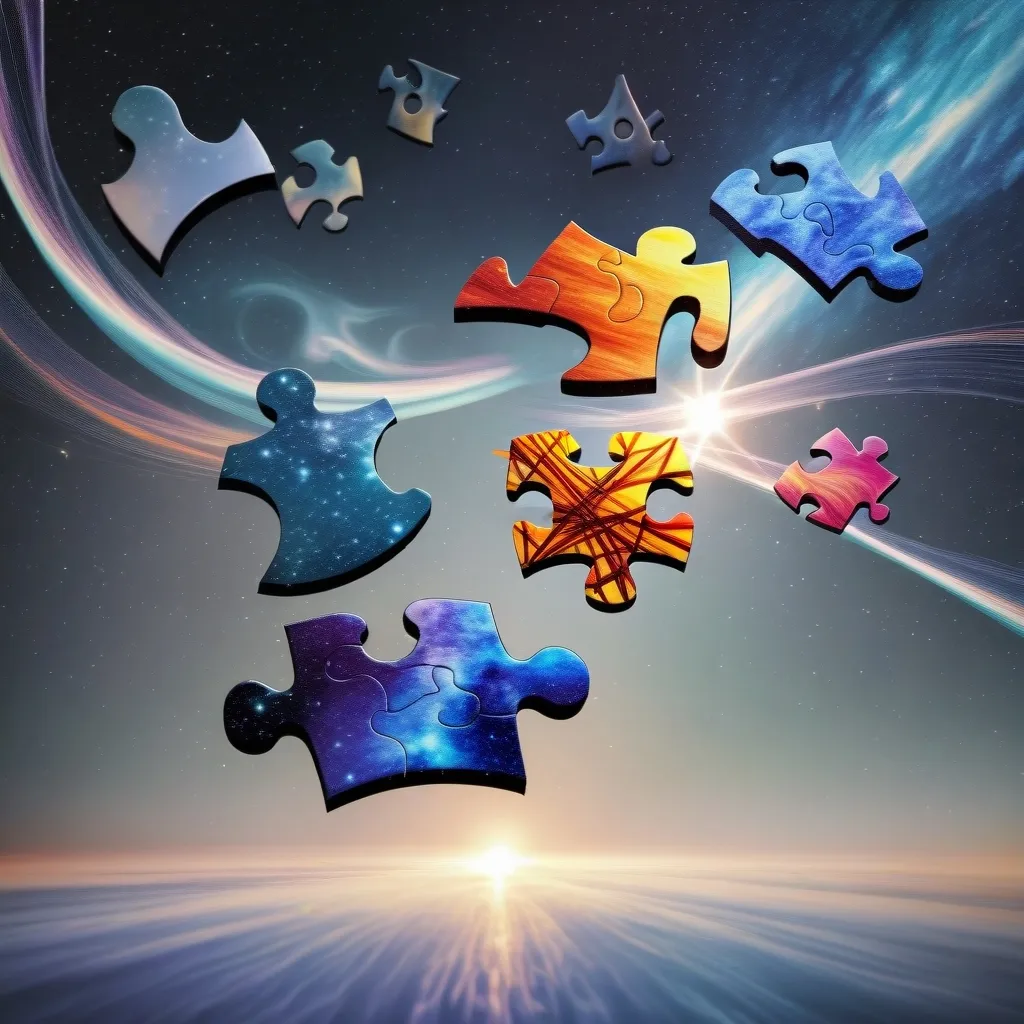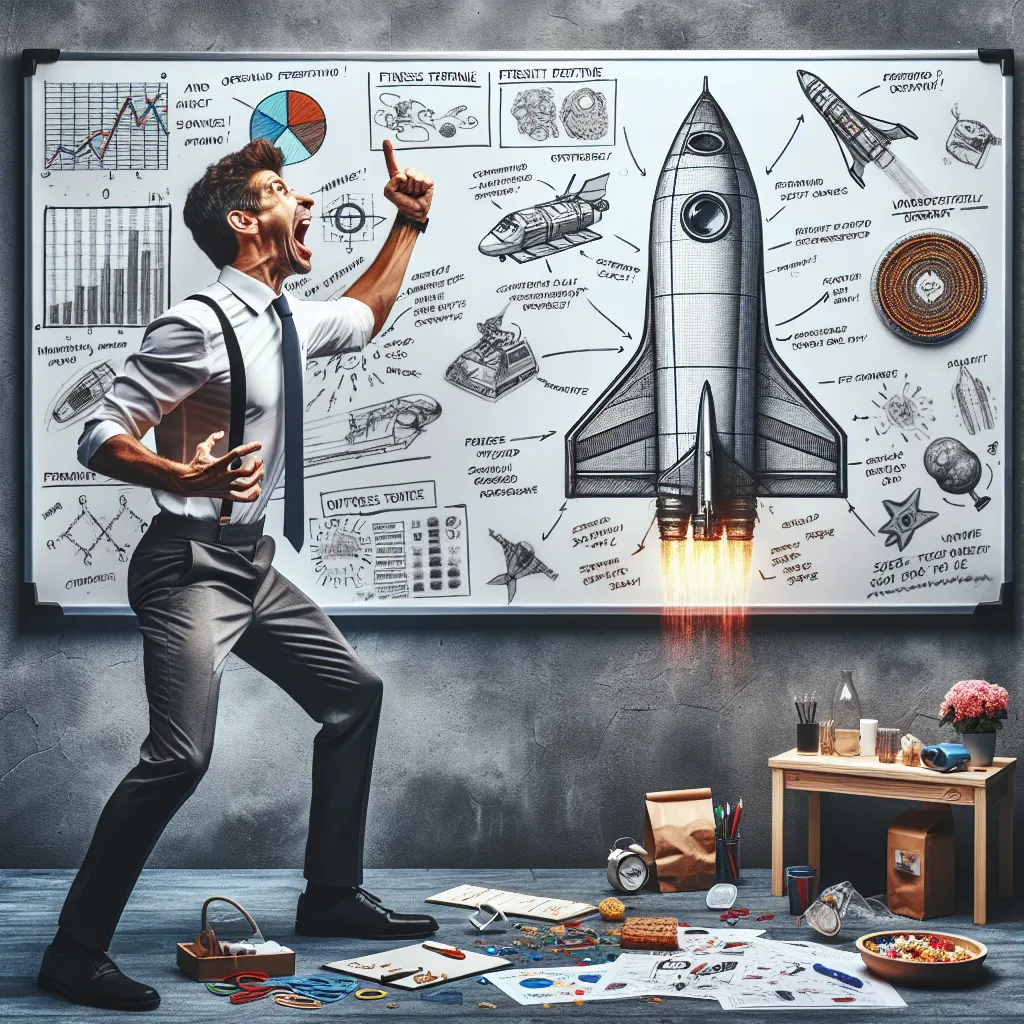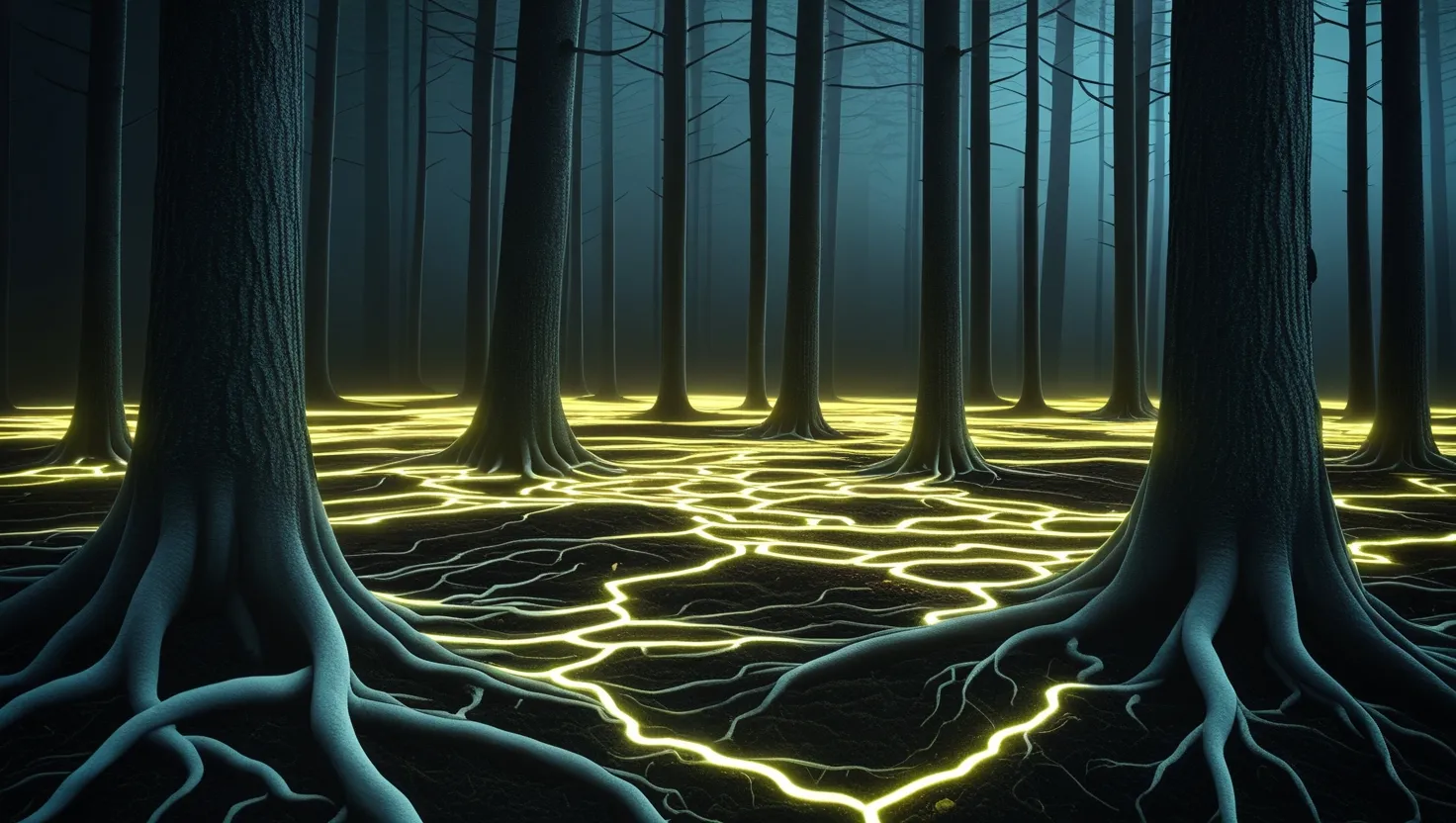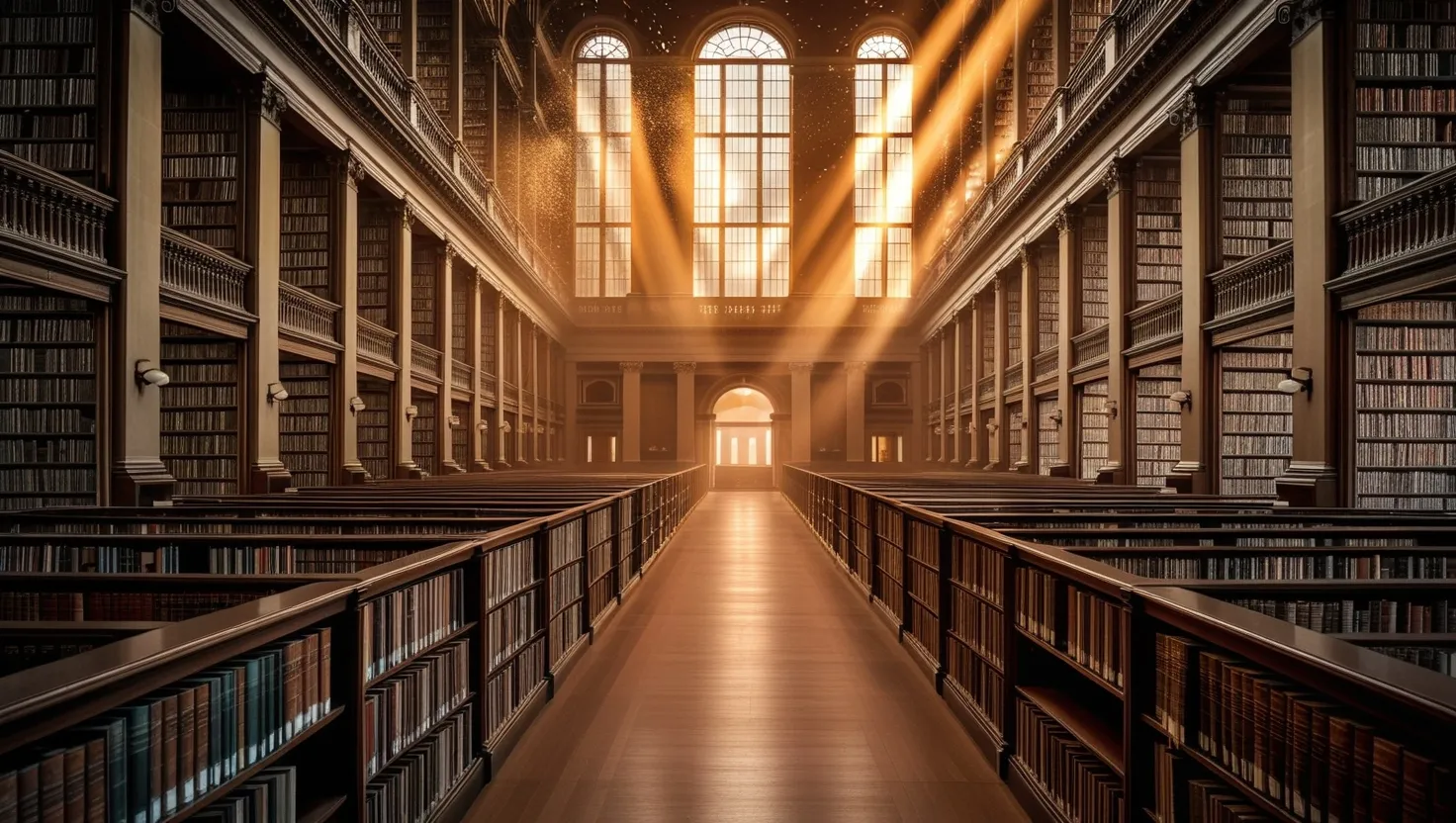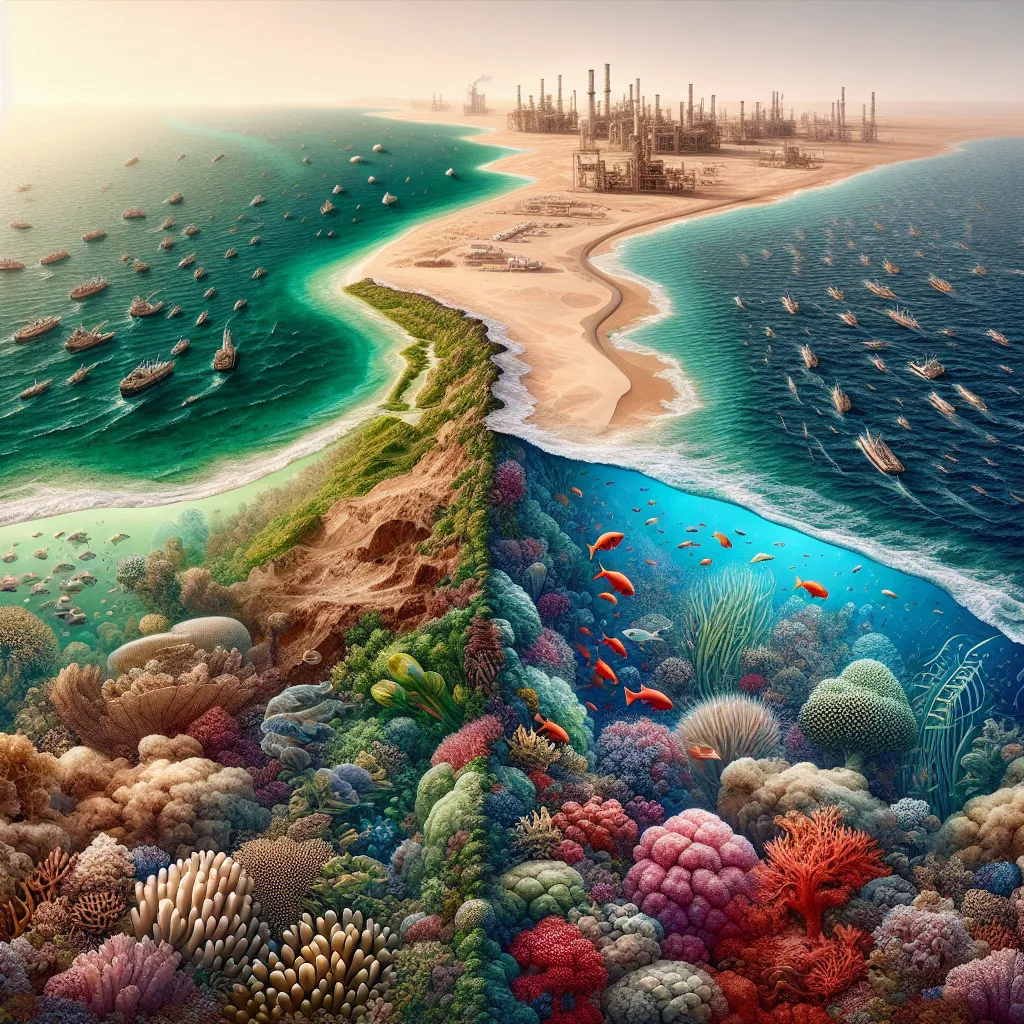Have you ever had a dream that felt so real, you could almost smell the air and feel the texture of the objects around you? Or perhaps you’ve experienced a déjà vu moment where everything seemed eerily familiar, even if you knew you’d never been in that situation before. These phenomena have long fascinated scientists, philosophers, and the general public alike, and they might be more interconnected than you think.
Let’s delve into the intriguing idea that our dreams could be windows into the lives of our parallel selves across the multiverse. This concept, while it may sound like the stuff of science fiction, is rooted in some fascinating theories from quantum physics and neuroscience.
The Many-Worlds Interpretation
The many-worlds interpretation of quantum mechanics suggests that every time a quantum event occurs, the universe splits into multiple branches, each representing a different possible outcome. This theory, proposed by Hugh Everett in 1957, implies that every decision and event creates a new reality, resulting in an infinite number of parallel universes. In this vast multiverse, every version of you exists, living out different lives based on the choices made in their respective realities[1][3].
Dreams as Windows to Parallel Lives
Now, imagine that your dreams are not just random firings of your brain but actual glimpses into the lives of your counterparts in these parallel universes. This idea is supported by the concept of “nousors” and “counterparts” proposed by some researchers. According to this theory, special information packets called nousors can travel between different realities, allowing counterparts in different worlds to communicate with each other through dreams. This means that when you dream, you might be experiencing events from the life of another you in a different universe[1].
Déjà Vu: A Glimpse of Parallel Lives?
Déjà vu, that strange feeling of having lived through a moment before, could also be linked to this multiverse theory. Some scientists suggest that déjà vu occurs when our brains momentarily tap into the experiences of our parallel selves. This could happen due to a slight mismatch in the brain’s processing of sensory information, making us feel like we’ve already experienced the current moment. Alternatively, it could be a result of our consciousness briefly connecting with that of our counterparts in other realities[2][5].
The Role of the Brain
The brain plays a crucial role in this phenomenon. Research indicates that déjà vu is often associated with activity in the hippocampus, a part of the brain responsible for forming and storing memories. When two events or places are very similar, the hippocampus can overlap these memories, creating the feeling of déjà vu. However, this doesn’t fully explain why some people experience déjà vu in situations that are entirely new to them. Here, the multiverse theory offers an intriguing explanation: perhaps these memories are not from our current life but from the lives of our parallel selves[5].
Prophetic Dreams
Prophetic dreams, where you dream about events before they happen, can also be seen through the lens of the multiverse. If our dreams are indeed windows into parallel lives, it’s possible that we’re glimpsing future events from the perspective of a counterpart who has already experienced them. This would explain why some people report having dreams that later come true, even if the events in the dream were not predictable based on their current knowledge or circumstances.
The Implications
Understanding this phenomenon could have profound implications. If we can tap into the experiences of our parallel selves through dreams, it might allow us to access knowledge and insights that we wouldn’t otherwise have. This could potentially unlock hidden potential in our brains, enabling us to make better decisions or even predict future events.
However, this idea also raises a multitude of questions. If our dreams are indeed memories from parallel lives, does that mean we have some level of control over these experiences? Can we consciously navigate between realities, or are these glimpses purely passive?
Personal Experiences
Many people report having dreams that feel incredibly real and sometimes even prophetic. For instance, you might dream about a conversation with a friend that later happens almost verbatim. While these experiences can be dismissed as mere coincidence, they add to the fascination with the idea that our dreams might be more than just brain activity.
The Mandela Effect
The Mandela effect, where large groups of people remember events or facts differently than what is recorded in history books, can also be linked to this theory. If our consciousness can swap between different realities, it’s possible that some people are experiencing memories from a reality that is different from the one we currently inhabit. This would explain why some people vividly remember Nelson Mandela dying in prison, even though he actually died after serving as President of South Africa[3].
Conclusion
The idea that our dreams are windows into the lives of our parallel selves is a mind-bending concept that challenges our understanding of reality and consciousness. While it remains a theory, it is supported by some intriguing observations and explanations from both quantum physics and neuroscience.
As we continue to explore the mysteries of the human brain and the multiverse, we may uncover more evidence that supports this theory. Until then, the next time you have a vivid dream or experience a déjà vu moment, you might wonder: are you glimpsing a life from another reality, or is it just your brain playing tricks on you? The answer, much like the nature of reality itself, remains a mystery waiting to be unraveled.
